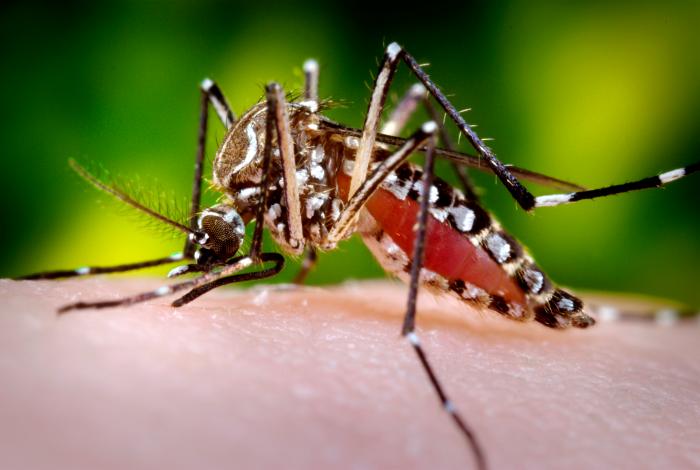The Sunshine State almost went the entire year without a autochthonous, or locally acquired case of dengue fever; however, the Florida Department of Health reported the first case during the week of Dec. 13 in Broward County.

Health officials say the individual had an onset of illness in October.
Local transmission means that mosquitoes in that area of Florida have been infected with the dengue virus, spreading it to humans.
Locally transmitted dengue fever has been a annual occurrence in Florida since it’s reemergence in the state in 2009 after decades of being “dengue free”.
In 2014, Florida reported six locally acquired dengue fever, all in Miami-Dade County. In 2013, 23 local transmission cases were reported with 22 cases acquired in Martin County and one acquired in Miami-Dade County.
In 2012, four cases were seen, two in Miami-Dade and one each in Seminole and Osceola counties. In 2011, seven cases of locally acquired dengue were reported in Miami-Dade, Martin, Hillsborough and Palm Beach counties.
In 2010, 65 cases of locally acquired dengue have been reported in Broward (1), Miami-Dade (1) and Monroe (63-Key West) counties.
Dengue is transmitted by the bite of a mosquito infected with one of the four dengue virus serotypes. It is a febrile illness that affects infants, young children and adults with symptoms appearing 3-14 days after the infective bite.
Dengue is not transmitted directly from person-to-person and symptoms range from mild fever, to incapacitating high fever, with severe headache, pain behind the eyes, muscle and joint pain, and rash.
Severe dengue (also known as dengue hemorrhagic fever) is characterized by fever, abdominal pain, persistent vomiting, bleeding and breathing difficulty and is a potentially lethal complication, affecting mainly children.
Related:
- Hawaii dengue outbreak up to 180, Milolii Beach Park closed
- Chikungunya: 12th locally acquired case in Florida in 2014 now reported
- Florida leprosy tally now 20 confirmed cases in 2015, Brevard County sees 6 cases
Robert Herriman is a microbiologist and the Editor-in-Chief of Outbreak News Today and the Executive Editor of The Global Dispatch
Follow @bactiman63


4 thoughts on “Florida reports 1st locally transmitted dengue fever case in 2015 in Broward County”